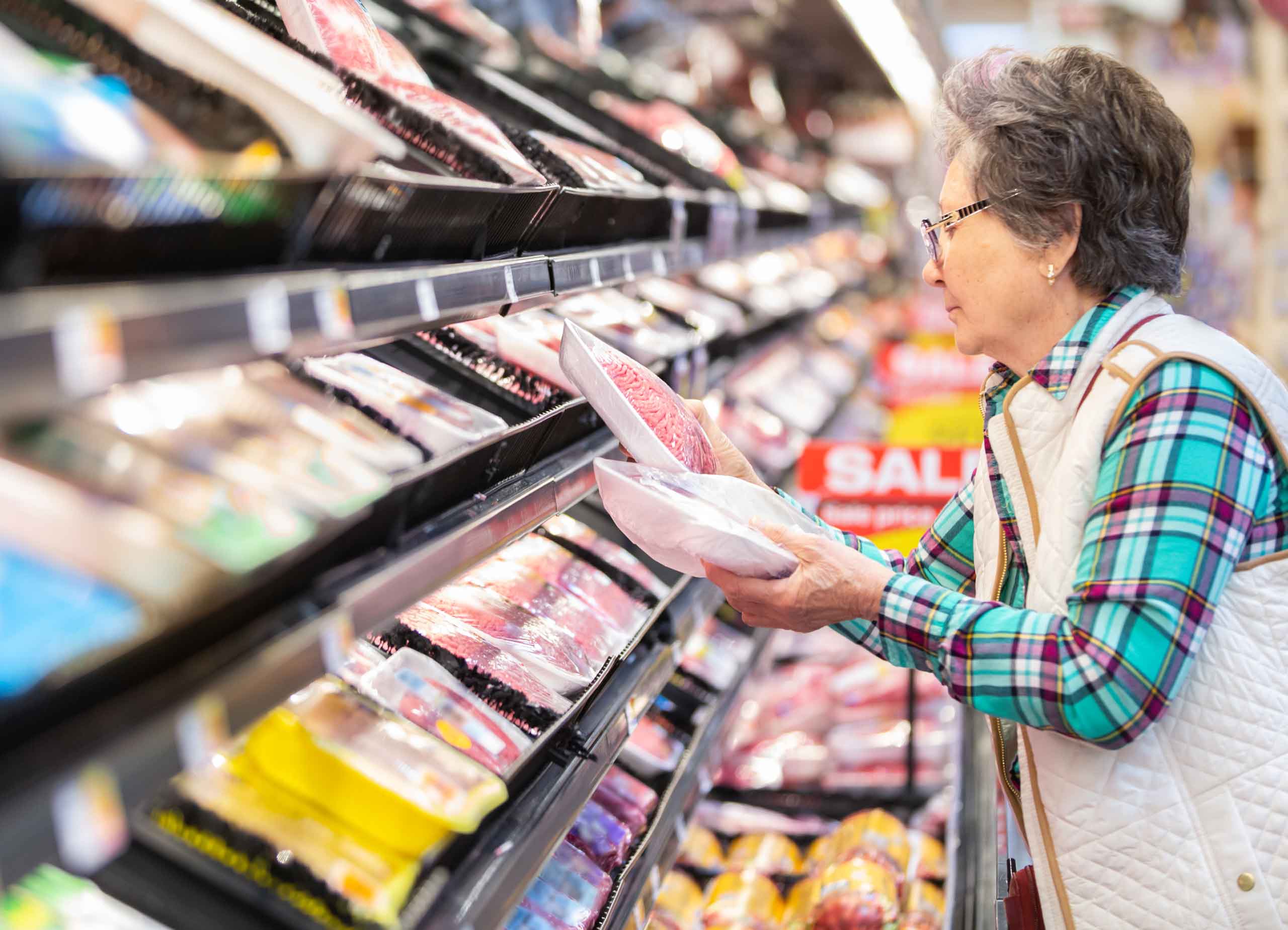
Eco labelling of consumer products has been used for non-food products since the late 1970’s but the idea of having an integrated environmental label for food was first reported in 2008 and acknowledged at the time as extremely complex to develop and communicate to consumers. Calls for a comprehensive set of standards which covered all aspects of the environmental, health and social impacts of food production were made to support an integrated approach.
Nov 2022 Carbon Cloud published a report titled ‘The Brits talking about the climate impact of food.’ Their findings indicated that 35% of the audience is unsupportive of labels, with concerns around greenwashing and information manipulation (22%) and the cost of products (13%) scoring highest. Of the total 41% were neutral and the remaining 24% supportive of the labelling idea.
More recently the FSA’s ‘Food and you 2’ survey published in March 2023 revealed most respondents had made changes to their eating habits in the past 12 months. It revealed that the top concerns for people were food prices (66%), food waste (60%) and the amount of sugar in food (59%).
Given the apparent lack of consumer demand and shifting priorities for front of pack information it’s worth looking at the EU’s eco labelling journey so far as an example of the complexity of implementation. In 2020 the European commission committed to introduce a mandatory nutritional labelling scheme across member states as part of its farm to fork strategy.
Companies will have to substantiate green claims using Product Environmental Footprint (PEF) methodology based on Life Cycle Assessment (LCA) principles. This process will measure the environmental performance of a product throughout the value chain, from the extraction of raw materials to end of life, using 16 environmental impact categories including climate change, water use, pollution and land use. The aim is to help tackle companies making false claims about the environmental footprint of their products and help consumers to make better-informed choices.
However, there has been criticism of PEF from EU food producers including the organic sector who, in October 2022 stated, “When applied to food, PEF gives misleading results, since the more extensive the agricultural practice is, the worse it scores making it inadequate for the assessment of agri-food products.”
There’s also been criticism of the over emphasis on carbon emissions compared with other environmental impacts and the absence of an agreed LCA methodology leading to different results for the same product.
All of these uncertainties and concerns from various food producers and individual member states has led to the EU delaying the launch of Eco labels until later in 2023 however as PEF is based on agreed full lifecycle standards and protocols accepted globally by academics, civil society and industry, regardless of the shortcomings it’s set to become the new mandatory EU standard to evaluate green credentials.
As a footnote to the progress made by the EU it was noted by the Carbon Trust recently that the EU dairy and meat sectors are lobbying for a carbon intensity label linked to calories or protein, rather than an absolute carbon label.
So where is the UK on eco labels? In January 2023 an independent review of the UK’s commitments by Chris Skidmore MP was published which sets out over 100 recommendations across all sectors to achieve the UK’s net zero by 2050 target. The report acknowledges that “government support is required on developing ecolabelling for consumers” and that “This needs to ultimately be integrated with international standards due to the cross border supply chains for many products sold in the UK.”
The report also recognises the importance of consistent emissions data collection methodology in the food supply chain with a 2030 target of 50% of food and drink companies reporting SBTi Scope 3 emissions against a government and industry agreed standard. Furthermore there is a recommendation that government should continue to engage with industry via DEFRA’s Food Data Transparency Partnership to develop mandatory methodology for food eco labelling, prioritising a metric to monitor carbon impact.
Whatever the future holds the clock is ticking as the UK Government legally has until the end of March 2023 to update its Net-Zero Strategy and start engaging with industry, including livestock farmers and the meat processing sector.
We are the UKs largest trade body for the meat industry and provide expert advice on trade issues, bespoke technical advice and access to government policy makers
We are proud to count businesses of all sizes and specialties as members. They range from small, family run abattoirs serving local customers to the largest meat processing companies responsible for supplying some of our best-loved brands to shops and supermarkets.
We are further strengthened by our associate Members who work in industries that support and supply our meat processing companies.
We are the voice of the British meat industry.

17 Clerkenwell Green
Clerkenwell, EC1 0DP
Tel: 020 7329 0776